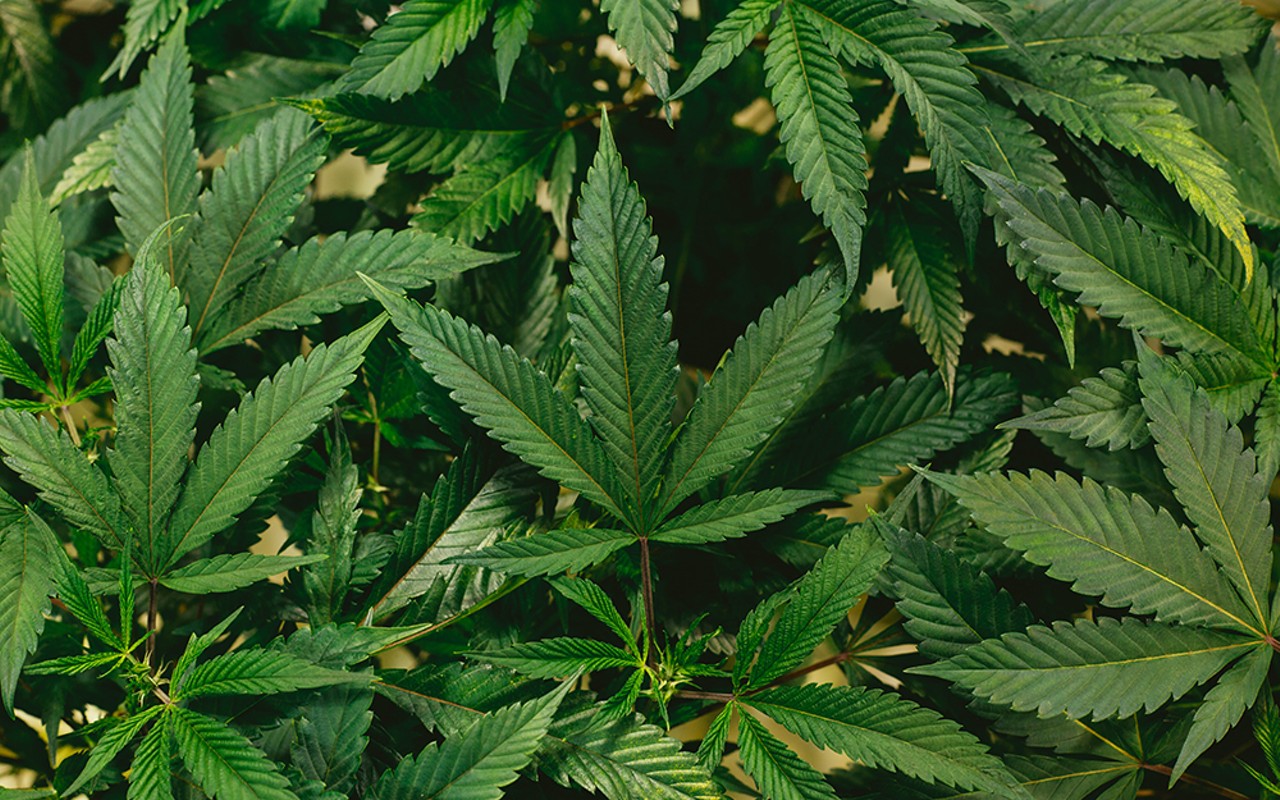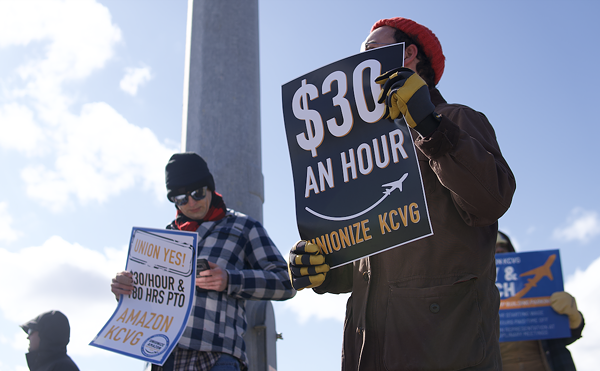
The proposal, known as the Ohio Marijuana Legalization Initiative, would legalize the cultivation, processing, sale, purchase, possession, and home growth of marijuana for individuals age 21 and up. It would create a state Division of Cannabis Control, which would regulate and license marijuana operators and facilities and would oversee the compliance and standardization of marijuana in Ohio.
The proposal would also tax marijuana sales at 10%, putting funds toward a “cannabis social equity and jobs program” that would support individuals affected by marijuana law enforcement.
Currently, Michigan is the only neighboring state that has a recreational marijuana program. Like Ohio, Kentucky, Pennsylvania, and West Virginia each have medical marijuana programs in place. Indiana is the only state bordering Ohio without a medical marijuana program, though it allows CBD and low-THC products.
If this initiative gets on the ballot and Ohio voters approve it, then Ohio would join Michigan in having a recreational marijuana program with a 10% excise tax. Unlike Michigan’s excise tax, though, which goes toward public schools, transportation, and other local initiatives, Ohio’s would be specifically earmarked for the cannabis social equity and jobs program.
In 2022, Michigan brought in $325 million in excise and sales tax from marijuana sales. Since Ohio has a similarly-sized population to Michigan, it is likely to bring in hundreds of thousands of dollars in revenue as well once its program is up and running.
Besides raising revenue, legalization of marijuana in Ohio would have some other impacts as well.
First, it will almost certainly increase consumption. While many people inside Ohio use marijuana for medical reasons and others purchase marijuana in informal markets currently, full recreational legalization would increase access and would likely lead to more consumption of marijuana.
It also would provide more opportunity for residents of Indiana, Kentucky, Pennsylvania, and West Virginia to purchase marijuana legally, which may lead to more cross-state travel and sales. It could even lead to arrests in those states.
While it is not guaranteed, legalization of sales of recreational marijuana could lead to a reduction in the informal (often called “black”) market in marijuana sales. This could lead to less criminal activity associated with sales and less public costs around arrests and imprisonment.
There are also likely to be public health costs associated with legalization of recreational marijuana. One impact is car crashes. We could see an increase in car crashes due to an increase in driving while under the influence of marijuana. We also may see a decline in productivity as marijuana use may have an impact on the workforce.
Some evidence shows we could also see a reduction in some public health ills. In particular, some states that have legalized medical marijuana use have seen declines in male suicide rates driven by substitution away from alcohol use, a risk factor for suicide.
We don’t yet know which of these effects will predominate and how drastic they will be. My practice Scioto Analysis is currently conducting a cost-benefit analysis on recreational marijuana legalization and should have results in the next couple of months. We look forward to studying this question and seeing what legalization of marijuana will do to the public.
This commentary was originally published by the Ohio Capital Journal and republished here with permission.Follow us: Apple News | Google News | NewsBreak | Reddit | Instagram | Facebook | Twitter | Or sign up for our RSS Feed







